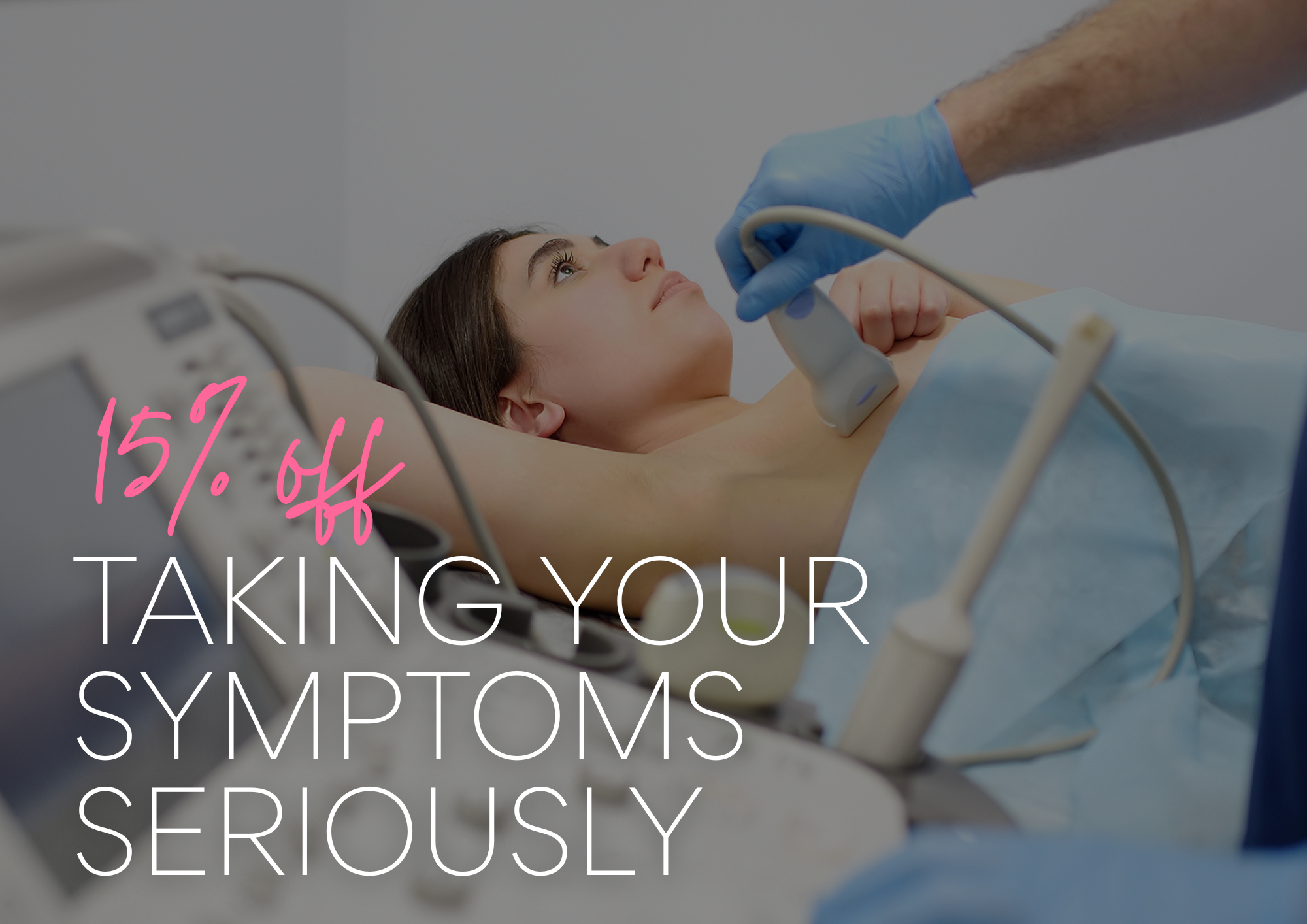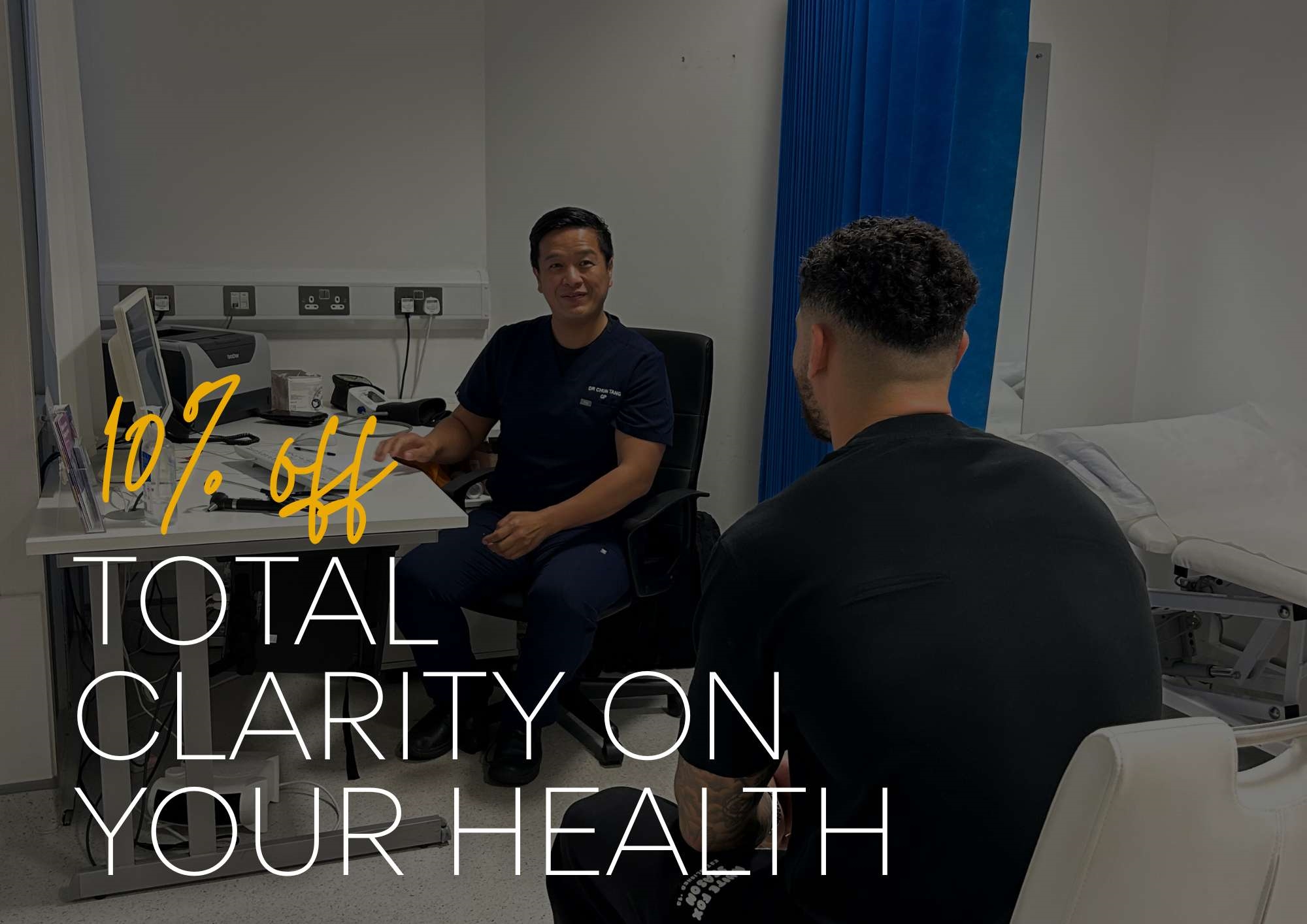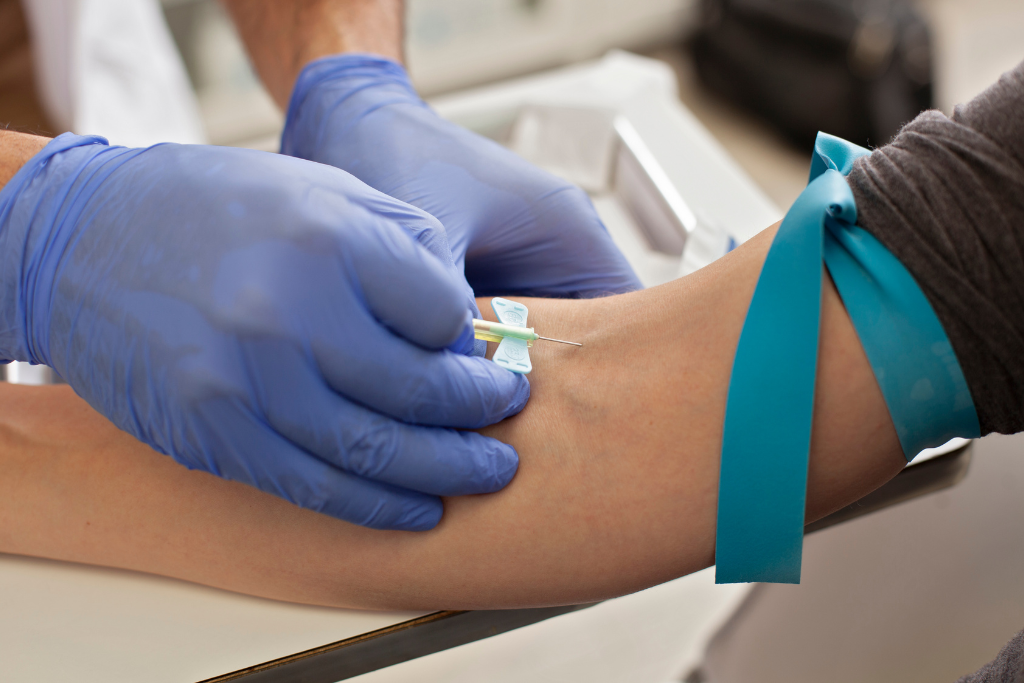
10% off Sexual Health Blood Test
- Fast results
- 100% confidential
- Tests for 10 types of STIs in one appointment
- Same or next day appointments

Fast & Discreet Sexual Health Testing
Certain infections have mild or no symptoms. However, there are symptoms that may indicate an STI. For example; Sores or bumps on the genitals or in the oral or anal area, burning urination, discharge from the penis, unusual vaginal bleeding, pain during sex and strange smelling vaginal discharge.
You’ll be asked a few simple questions about when you last had sex and if it was unprotected. No matter the circumstance, you’ll be treated with respect and in complete confidence
Our Complete Advanced Sexual Health Blood Test tests for 10 STI's in just one appointment:
- HIV
- Hepatitis B
- Hepatitis C
- Chlamydia
- Gonorrhoea
- Syphilis
- Mycoplasma genitalium
- Ureaplasma
- Trichomonas vaginalis
- Gardenerella vaginalis
- Herpes Simplex

Know More. Stress Less
No one likes to think they’ve caught a sexually transmitted infection (STI) or sexually transmitted disease (STD) but without a test you just can’t be sure.
More people in the UK are catching STIs each year. Whether you’re gay or straight, if you’ve had one partner or 100, one unprotected sexual encounter could have put you at risk.
Whether it’s after an unexpected sexual encounter where you might have put yourself at risk; or for pro-active screening if you are with a new partner or just want peace of mind.
Frequently Asked Questions.
Our expert team are always hand to help, advise and arrange appointments with our specialist consultants.
What if I cannot remember what happened?
What if I had intercourse with a new person?
What if I had intercourse with a prositute or sex worker?
What if I have given or received oral sex?
What if we touched but did not have oral sex or intercourse?
What if I have given or received anal sex?
What if I have a sore, lump or lesion in my genital area?
What are the early symptoms of an infection?
How long should I wait before testing?
| STD or STI | Lab Test | Instant Test |
| Chlamydia | 14 days | 14 days |
| Gonorrhoea | 7 days | 14 days |
| HIV (early detection) | 10 days | 26 days |
| Hepatitis B (early detection) | 10 days | 28 days |
| Hepatitis C (early detection) | 10 days | 12 days |
| Syphilis | 14 days | 14 days |
| Herpes | 28 days | - |
| HPV | 28 days | - |
| Mycoplasma Genitalium | 14 days | - |
| Ureaplasma | 14 days | - |
| Trichomonas Vaginalis | 14 days | - |
| Gardnerella Vaginalis | Any time | - |
| Vaginal Swab for Culture | Any time | - |
| Swab for Culture | Any time | - |
Are my results confidential?
How will I receive my results?
What if my test result is positive?
We also have expert Genito-Urinary Medicine Consultants who are able to help should you require an expert opinion or further investigations.
Terms & Conditions
To claim this offer please quote SEXUALHEALTH10 upon booking. Offer valid on an Sexual Health Blood Test only when booked between the 1st October and 31st October 2025. Appointments can be booked up to 30 days after the special offer ends. This offer is not valid on any subsequent referrals or appointments. 48 hours cancellation notice required. Patients must be 18 or older.
Enquire now Redeem your special offer
A member of our team will be in touch with you to discuss your requirements.









